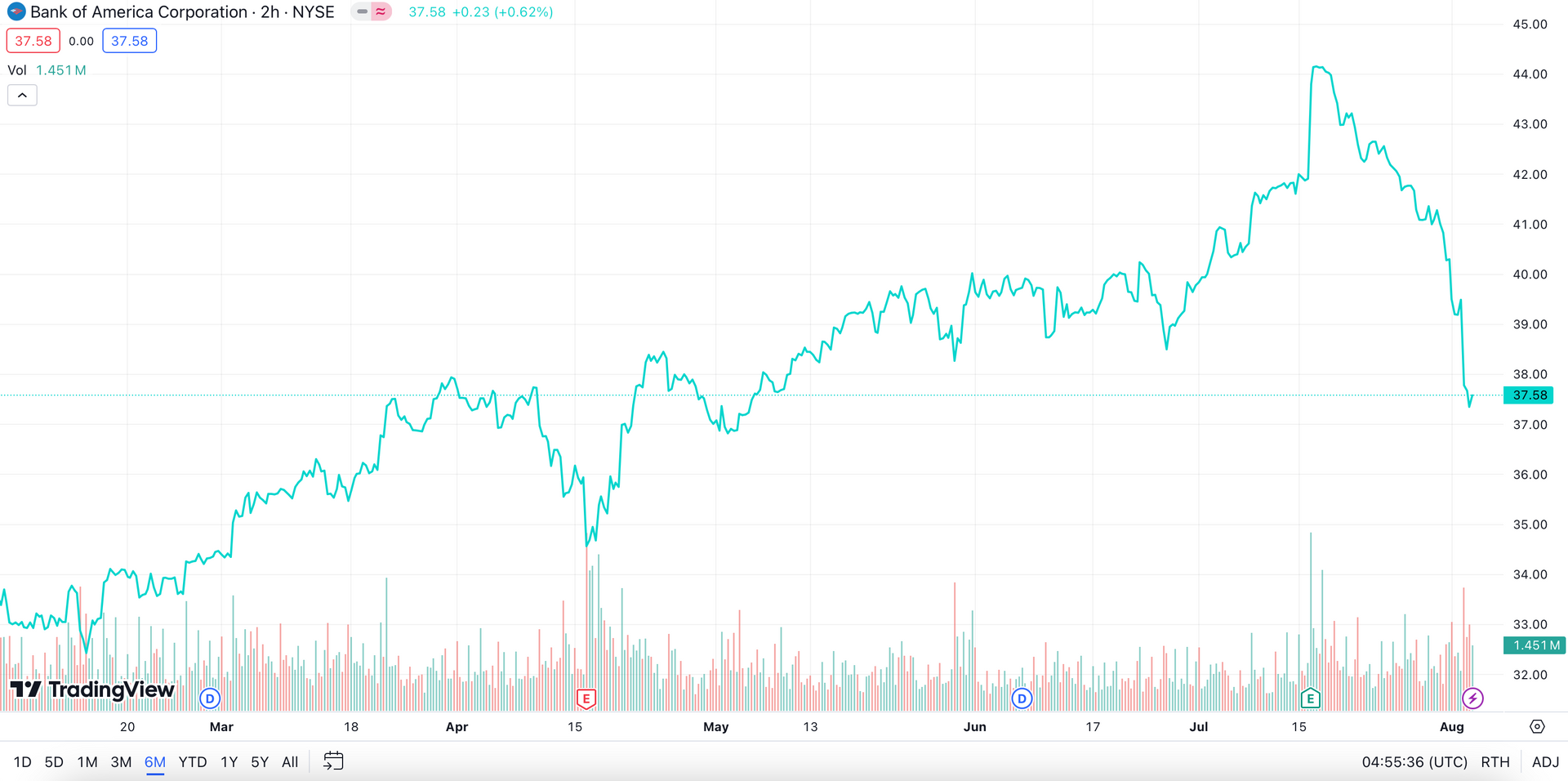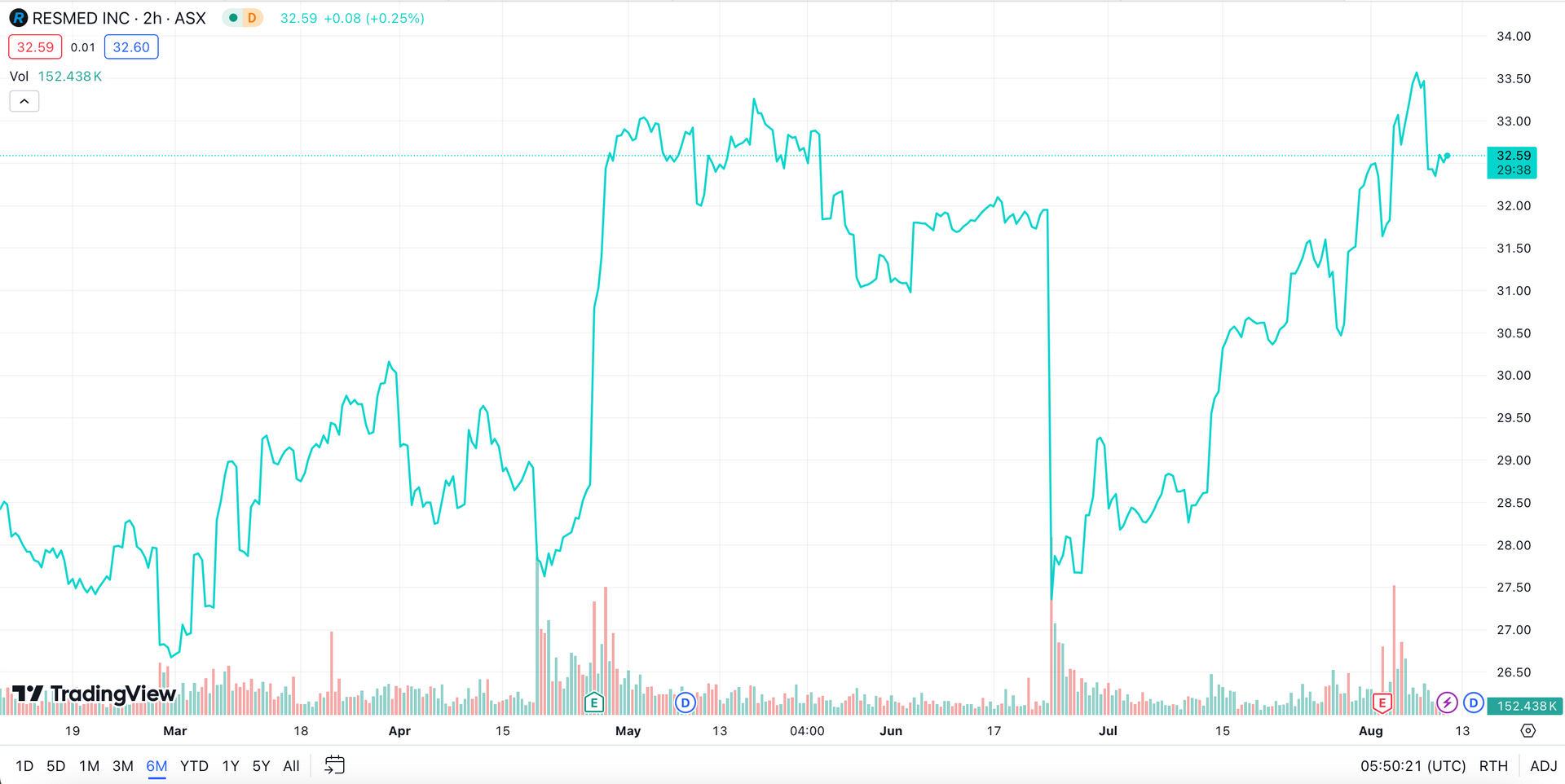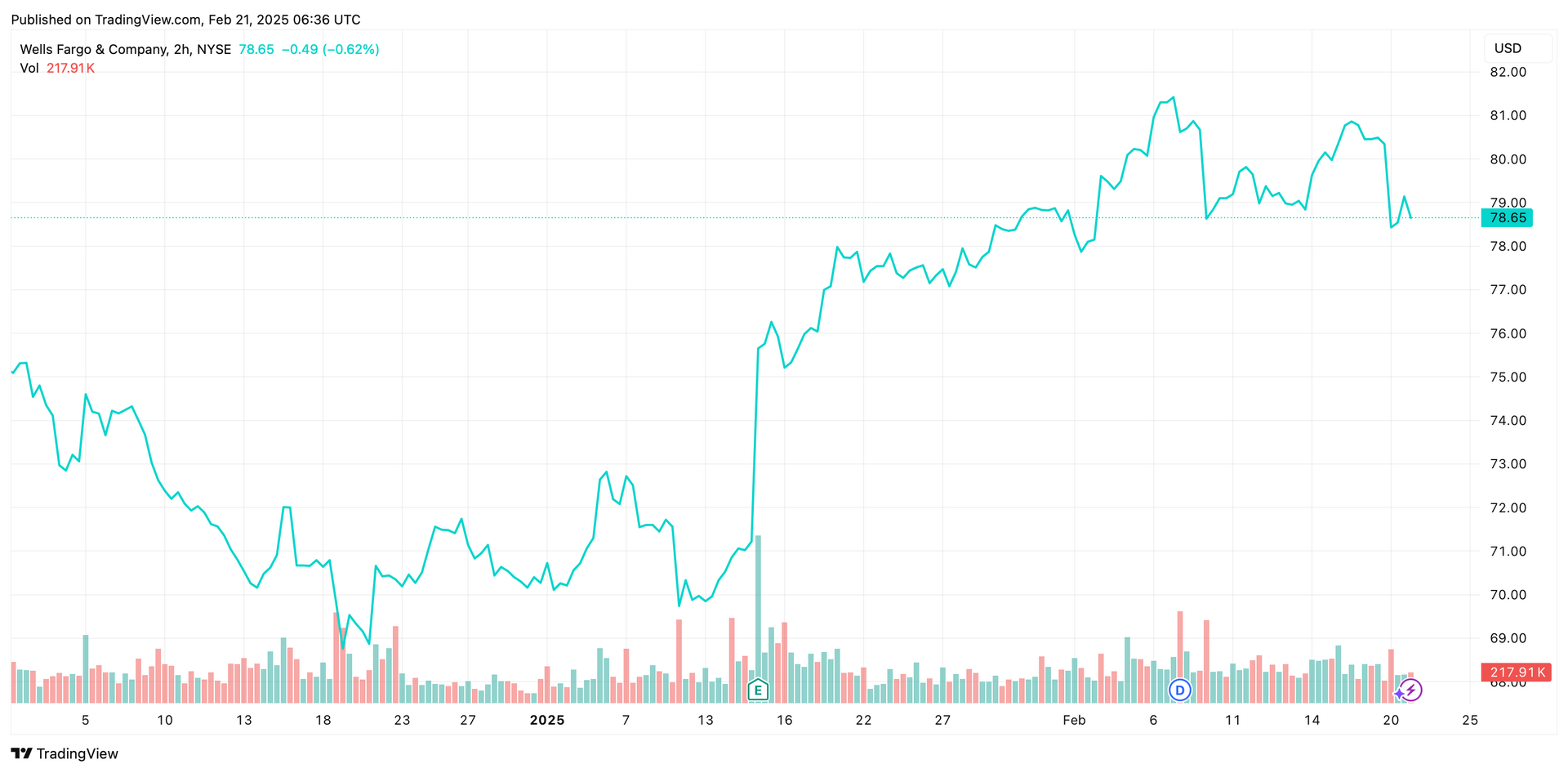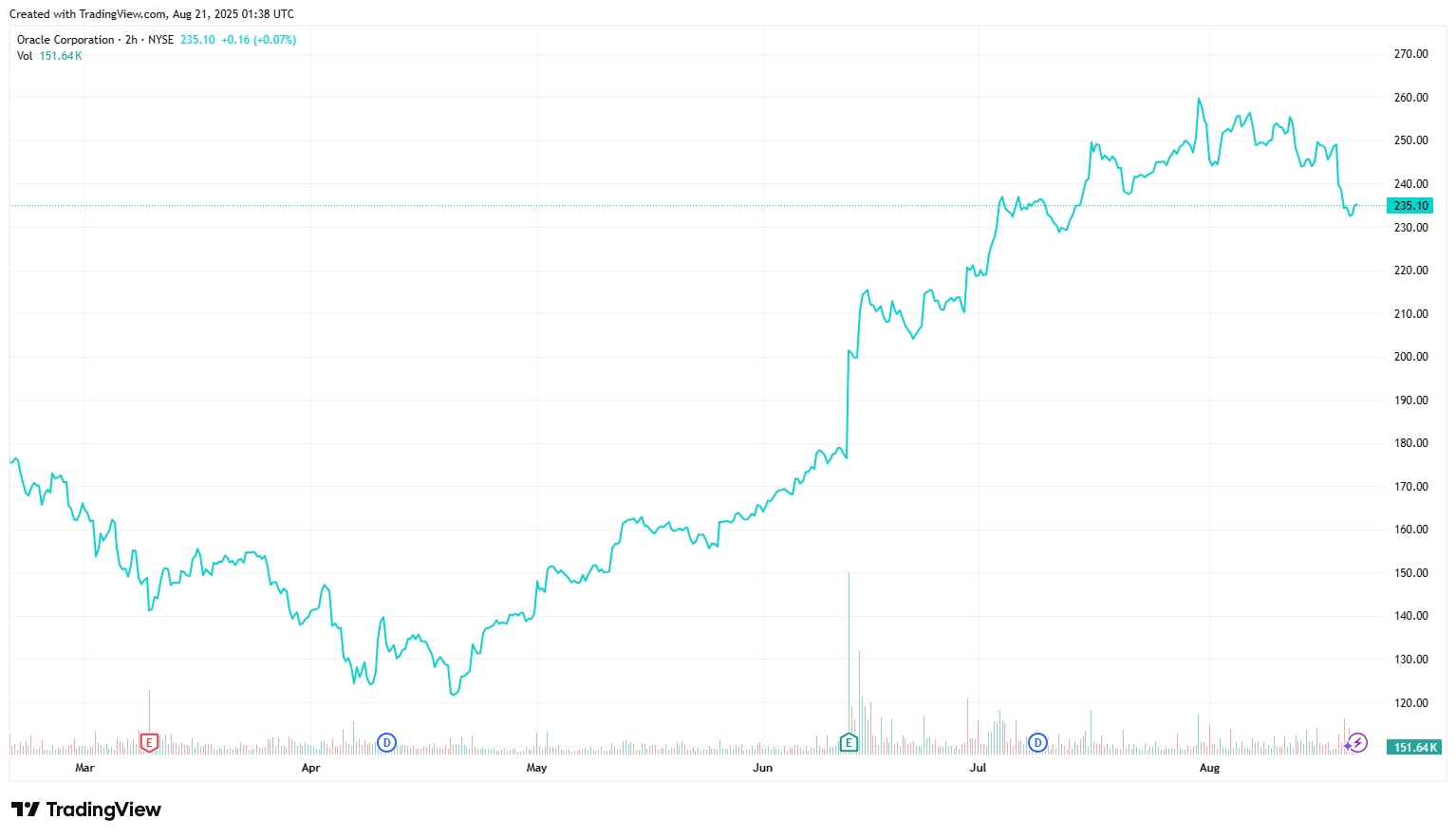January 30, 2026
Inflation does not sleep. While the Australian Bureau of Statistics (ABS) reported the Consumer Price Index (CPI) rose 3.8% over the twelve months to the December 2025 quarter, the reality for high-net-worth investors is a persistent erosion of purchasing power. Reaching a liquid asset base of $400,000 is a significant milestone – one that often represents a business exit, an inheritance, or decades of disciplined saving. At this level of wealth, you have moved past the "early saver" phase and entered the territory of the Wealth Steward. The decisions you make now are no longer just about "saving" for the future; they are about protecting a legacy and ensuring your capital works as hard as you did to earn it. Smart investors know that preserving wealth requires active participation in the market rather than passive observation. But where exactly should that capital be invested? The capital allocation dilemma When deploying $400,000, most Australian investors weigh four primary options. Each carries a different risk profile, yet only one offers the institutional-grade growth and liquidity required for long-term success in 2026. Should $400k go into savings? Cash offers the highest level of liquidity and a sense of immediate security. However, for a $400,000 portfolio, "safety" is often a mathematical illusion. In an environment where inflation outpaces standard interest rates, holding large reserves in savings accounts results in a guaranteed loss of real-world value. While cash is a tool for liquidity, it is a poor vehicle for wealth acceleration. Unlike equities, which offer the potential for market outperformance, cash guarantees you stay behind the curve. Should $400k go into bonds and fixed income? Bonds are traditionally viewed as a middle ground, offering more yield than cash with less volatility than shares. While they provide a predictable income stream, they often lack the "growth engine" required to significantly increase the net worth of a $400,000 portfolio. In a 2026 market, fixed income may struggle to provide the capital appreciation and tax-effective yield, or franking credits, that high-quality Australian shares deliver. Should $400k go into real estate? Australians have a long-standing affinity for "bricks and mortar," but investing $400,000 in property creates significant structural frictions. Real estate is an illiquid asset; you cannot sell a bathroom to fund a lifestyle change or pursue a new investment opportunity. Furthermore, rental yields in major cities often hover around 3% to 4% gross. Once you account for stamp duty, maintenance, and land tax, the net return barely outpaces inflation. Conversely, the share market provides instant liquidity and the ability to diversify globally, which is something a single postcode can never offer. Should $400k go into shares? Equities offer a proven path to market outperformance when managed through institutional-grade research and professional risk management. Unlike traditional property, which is often plagued by high entry costs, the share market provides high liquidity and franked income. While $400,000 in a savings account risks capital erosion as inflation outpaces interest rates, a diversified share portfolio allows for the compounding of real-world value. Shares are the superior choice for those seeking superior portfolio performance, transparency, and the ability to grow wealth with absolute confidence. Choosing a managed account structure allows for rapid trade execution and global diversification, ensuring your portfolio adapts quickly to market shifts. At Sharewise, our commitment to transparency and our proven track record, such as our FY25 ASX return of +26.49% vs the market's 10.21%, ensure that your capital is being managed with the precision and professionalism your role as a Wealth Steward demands. How to best manage the risks A common concern with individuals looking to invest in stocks is how to manage risks. For a $400,000 portfolio, the fear isn't just about market "noise"; it's about the potential for permanent capital impairment. However, professional investors don't view risk as a reason to avoid the market, but as a variable to be meticulously managed. By moving beyond speculative "tips" and adopting a disciplined, research-backed framework, you can replace the anxiety of the unknown with the confidence of a professional strategy, allowing you to transition from a capital accumulator to a Wealth Steward. Risk in the share market is manageable when you have the right tools, such as institutional-grade technical analysis and active oversight, that go far beyond the passive "buy and hold" approach. Whether you are a time-poor professional or a retiree seeking income stability, the goal is to build a resilient portfolio that captures growth while proactively mitigating the downside. Stocks: A proven framework for success For an investment of $400,000, a Managed Account structure offers a superior alternative to traditional pooled managed funds. Why surrender your capital to a "black box" where you own units in a trust and inherit the tax liabilities of others? With a Sharewise Managed Account, you retain beneficial ownership of your shares (HIN-based) while accessing professional management. Crucially, as we operate under a General Advice license, no trade is ever executed without your verbal or written approval. This empowers you with the research of a professional team while you maintain the final veto on every transaction. The strategic advantage of professional advice If you have amassed $400,000, your time is likely your scarcest resource. Analysing balance sheets and monitoring global macroeconomics is a full-time job. Trying to replicate the output of a professional investment team in your spare time is not just inefficient – it is risky. Partnering with Sharewise gives you an intellectual partner in financial growth. You gain access to research that is not available to the general public. We filter the noise of the financial media, acting as a behavioural coach to ensure you don't buy during a frenzy or sell during a dip. We provide the objective counsel needed to stay the course. This discipline adds significant value over the life of an investment journey. Risk management is more than just diversification Protecting your $400,000 is as vital as growing it. Many self-directed investors fail because of "hope" – holding onto losing positions in the belief they will bounce back. This emotional bias is the primary cause of capital impairment. Our professional risk management involves data-led investing. We utilise strict stop-loss parameters to remove emotion from the equation. If a stock falls below a technical level, we exit. This discipline ensures that a minor correction doesn't become a catastrophic loss. After all, if you lose 50% of your capital, you need a 100% gain just to get back to square one. Why leave that maths to chance? Professional Tip: "Waiting for 'the right time' often leads to missed returns. Success is found in using data to predict growth as accurately as possible, rather than trying to time the market perfectly". Steps to deploying capital in 2026 Deploying $400,000 requires a methodical approach. Dumping the full amount into the market on a single day is rarely the best tactic. Dollar cost averaging can reduce timing risk. Assess your timeline: Ensure you do not need these funds for at least 3 to 5 years. Equity markets are vehicles for long-term wealth creation. Define your risk profile: Be honest about how you handle market swings. A growth portfolio will be more volatile than a balanced one. Select a structure: Choose between a personal name, a family trust, or a Self-Managed Super Fund (SMSF). Each has distinct tax implications. Partner with experts: Engage a firm that aligns with your values. Look for transparency regarding fees and a track record of data-driven performance. Monitor and rebalance: Markets drift. Regular reviews ensure your portfolio stays aligned with your original goals. Secure your future with precision Investing $400k in 2026 is an act of Wealth Stewardship , requiring a fundamental shift from simple accumulation to strategic, efficient allocation. You have the capital to generate significant wealth, but only if that capital is working as a true asset. Relying on cash guarantees erosion, while property limits the flexibility a true steward requires. A professionally managed share portfolio offers the balance of liquidity, transparency, and high-growth potential that a high-net-worth Wealth Steward requires. It allows you to participate in global growth stories while retaining direct, transparent ownership of your assets, ensuring your capital is managed for future generations. Sharewise provides the institutional-grade insights and professional portfolio management you need to manage your wealth with absolute confidence. Our commitment to transparency and our proven track record, such as our FY25 ASX return of +26.49% vs the market's 10.21%, ensure that your capital is being managed with the precision and professionalism your role as a Wealth Steward demands. Discover how a Wealth Steward's portfolio performs with professional oversight. Book your free portfolio review with a Sharewise advisor today. Disclaimer: The information contained in this article is general in nature and does not consider your personal objectives, financial situation, or needs. It should not be relied upon as financial advice. You should consider seeking independent advice before acting on any information contained herein.












